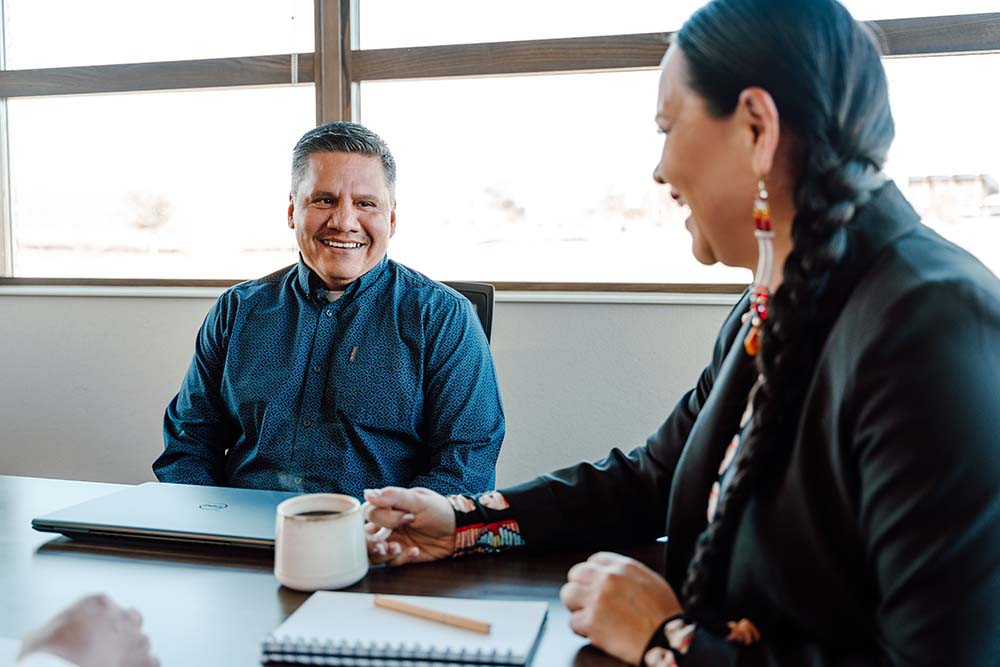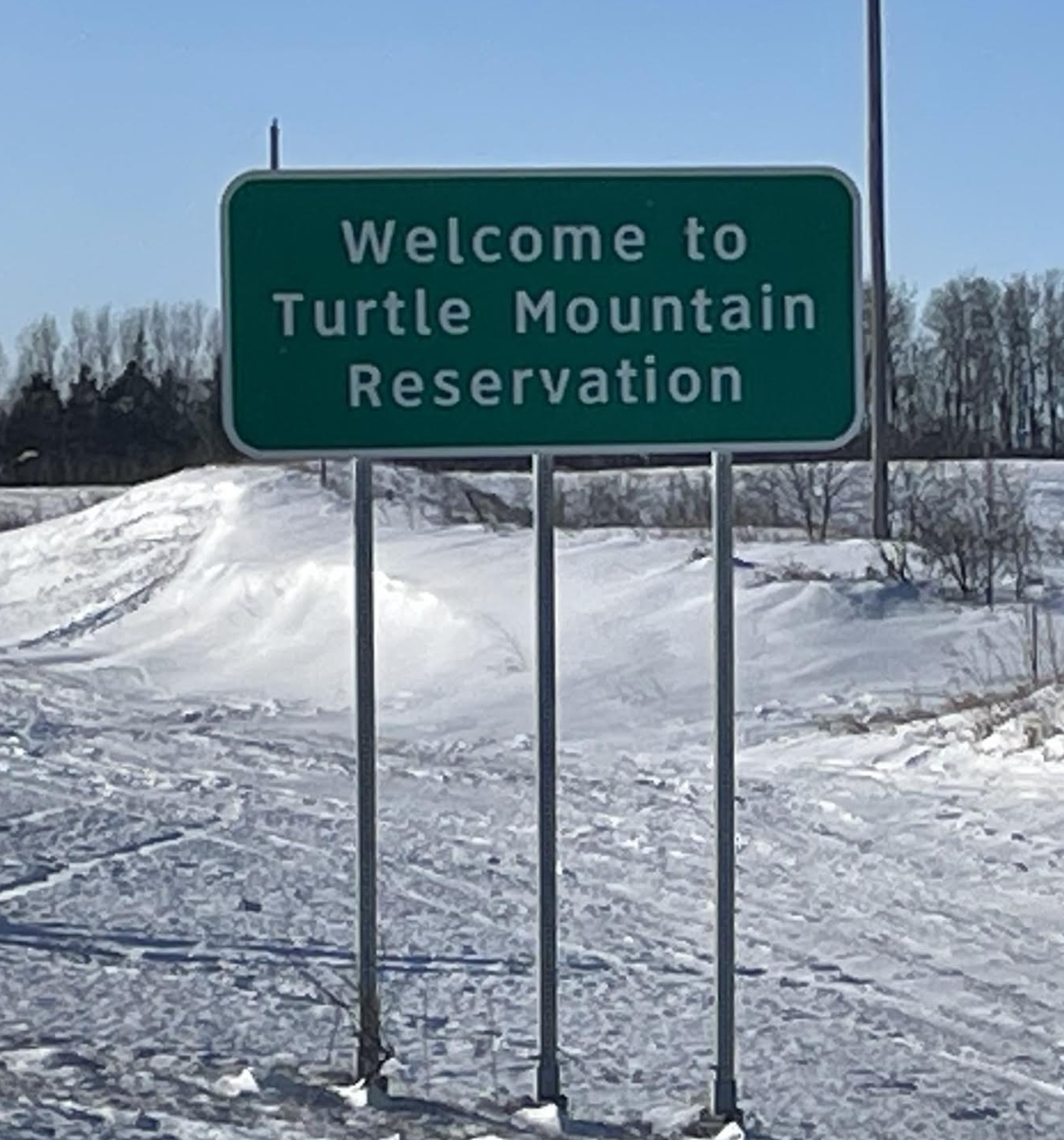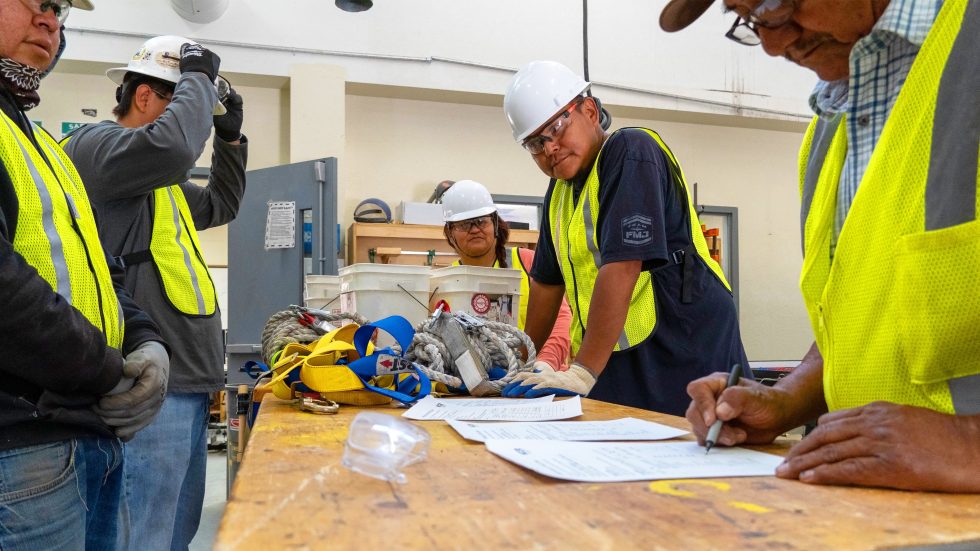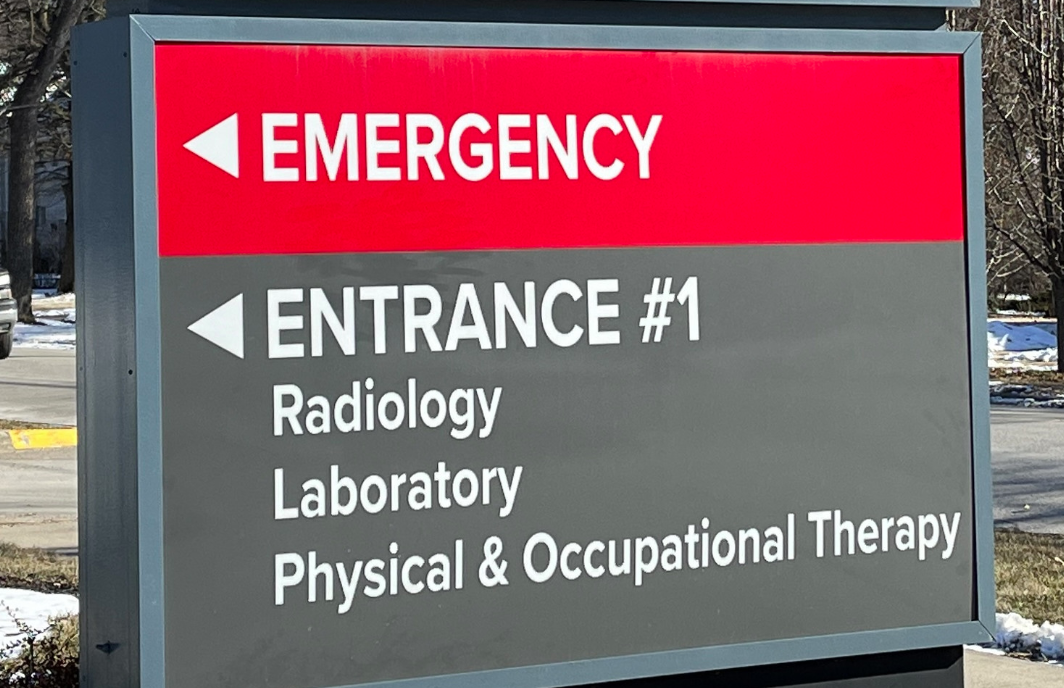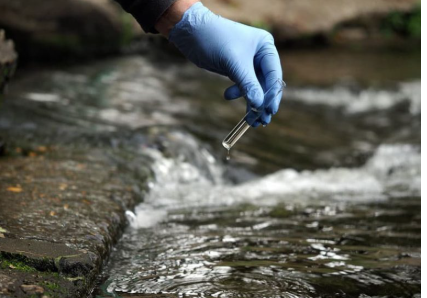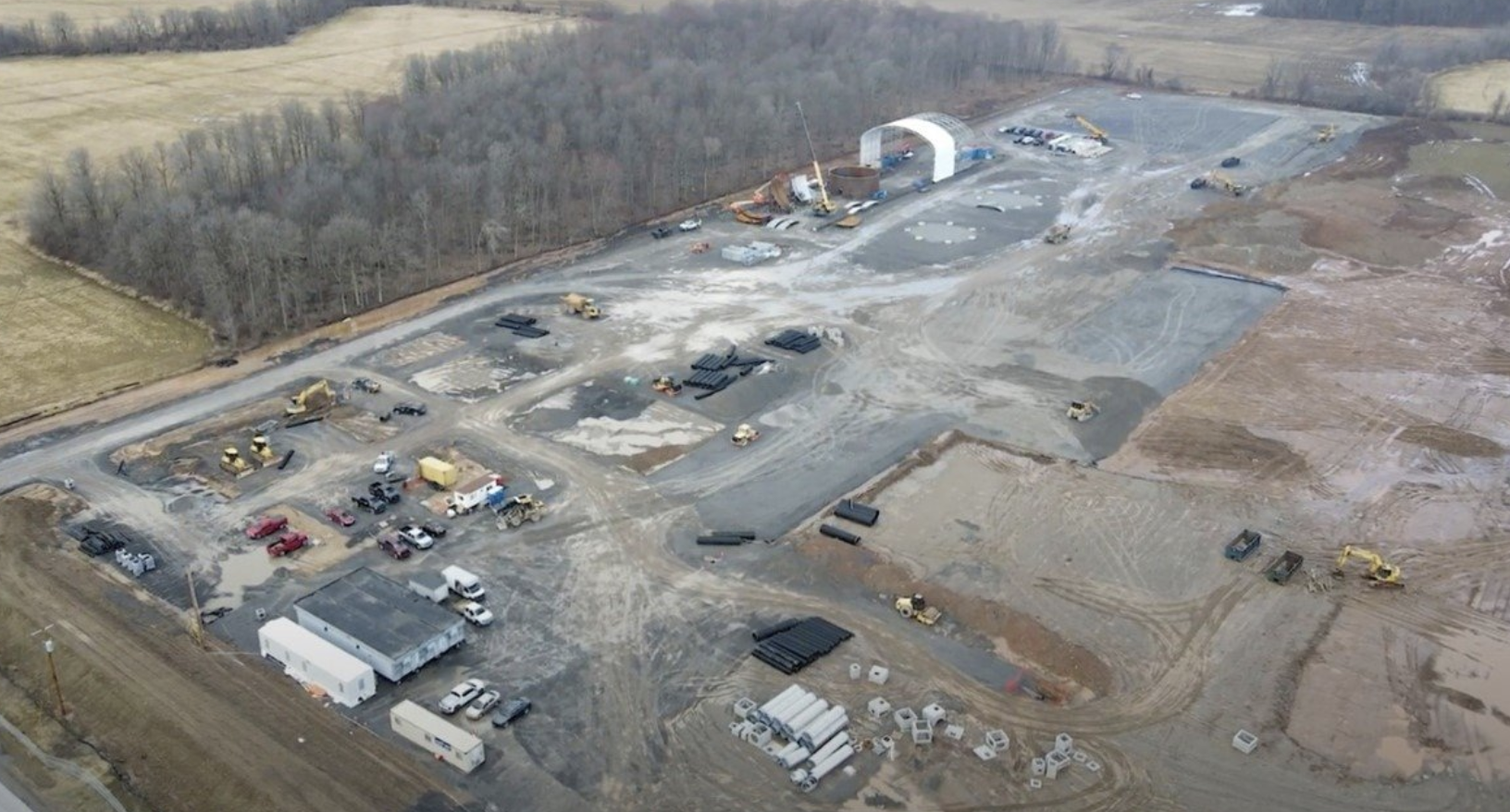
- Details
- By Darren Thompson
On Wednesday June 15 the United States Supreme Court ruled 5-4 in favor of the Ysleta del Sur Pueblo Indian Tribe of Texas, determining that the state cannot regulate electronic bingo on reservation lands.
The case, Ysleta del Sur Pueblo Indian Tribe vs. Texas, overturns a 2020 Fifth Circuit Court determination that Texas had the ability to stop the tribe from gaming activities on their land.
“In this case, Texas contends that Congress expressly ordained that all of its gaming laws should be treated as surrogate federal law enforceable on the Ysleta del Sur Pueblo Reservation,” wrote Justice Gorsuch in today’s opinion. “In the end, however, we find no evidence Congress endowed state law with anything like the power Texas claims.”
Texas claimed that the Ysleta del Sur and Alabama and Coushatta Indian Tribes of Texas Restoration Act of 1987 allows the state to prevent the three federally recognized tribes in the state from offering bingo. Meanwhile, bingo is allowed elsewhere in Texas.
The Ysleta del Sur Pueblo argued that the state was singling out the tribe over its electronic bingo games at an entertainment center in El Paso. The state argued that e-bingo on reservations goes beyond what the state allows.
When the Tribe filed a petition to the Supreme Court, the court asked for views by the Solicitor General. The Solicitor General argued that since the state hasn’t banned bingo, the Indian Gaming Regulatory Act of 1988, not the Restoration Act of 1987, should apply to the Tribe and, therefore, the National Indian Gaming Commission oversees gaming activities.
The court agreed with the Solicitor General and the decision will most definitely benefit the Alabama and Coushatta Tribe of Texas to offer gaming at its Nakila Gaming e-bingo center on its reservation in East Texas. The Alabama-Coushatta Tribe participated in the case, but wasn’t allowed to present an oral argument.
The Kickapoo Traditional Tribe of Texas, the other federally recognized tribe in the state, does not fall under the Regulatory Act of 1987 and has been operating the only casino in the state in Eagle Pass, Texas.
The state can prohibit gaming activities, but cannot regulate gaming activities, said the Supreme Court in its split decision today. The National Indian Gaming Commission is tasked with regulation.
The Ysleta del Sur Pueblo and Alabama and Coushatta Indian Tribes of Texas became federally recognized by Congress through the passing of the Ysleta del Sur Pueblo and Alabama and Coushatta Indian Tribes of Texas Restoration Act of 1987.
More Stories Like This
Native News Weekly (August 25, 2024): D.C. BriefsUS Presidents in Their Own Words Concerning American Indians
Native News Weekly (August 4, 2024): D.C. Briefs
Next on Native Bidaské: The Growing Fight Against Alligator Alcatraz
25th Navajo Nation Council Honors Peshlakai Family, Calls for Action to End Drunk driving
Help us tell the stories that could save Native languages and food traditions
At a critical moment for Indian Country, Native News Online is embarking on our most ambitious reporting project yet: "Cultivating Culture," a three-year investigation into two forces shaping Native community survival—food sovereignty and language revitalization.
The devastating impact of COVID-19 accelerated the loss of Native elders and with them, irreplaceable cultural knowledge. Yet across tribal communities, innovative leaders are fighting back, reclaiming traditional food systems and breathing new life into Native languages. These aren't just cultural preservation efforts—they're powerful pathways to community health, healing, and resilience.
Our dedicated reporting team will spend three years documenting these stories through on-the-ground reporting in 18 tribal communities, producing over 200 in-depth stories, 18 podcast episodes, and multimedia content that amplifies Indigenous voices. We'll show policymakers, funders, and allies how cultural restoration directly impacts physical and mental wellness while celebrating successful models of sovereignty and self-determination.
This isn't corporate media parachuting into Indian Country for a quick story. This is sustained, relationship-based journalism by Native reporters who understand these communities. It's "Warrior Journalism"—fearless reporting that serves the 5.5 million readers who depend on us for news that mainstream media often ignores.
We need your help right now. While we've secured partial funding, we're still $450,000 short of our three-year budget. Our immediate goal is $25,000 this month to keep this critical work moving forward—funding reporter salaries, travel to remote communities, photography, and the deep reporting these stories deserve.
Every dollar directly supports Indigenous journalists telling Indigenous stories. Whether it's $5 or $50, your contribution ensures these vital narratives of resilience, innovation, and hope don't disappear into silence.
 The stakes couldn't be higher. Native languages are being lost at an alarming rate. Food insecurity plagues many tribal communities. But solutions are emerging, and these stories need to be told.
The stakes couldn't be higher. Native languages are being lost at an alarming rate. Food insecurity plagues many tribal communities. But solutions are emerging, and these stories need to be told.
Support independent Native journalism. Fund the stories that matter.
Levi Rickert (Potawatomi), Editor & Publisher



